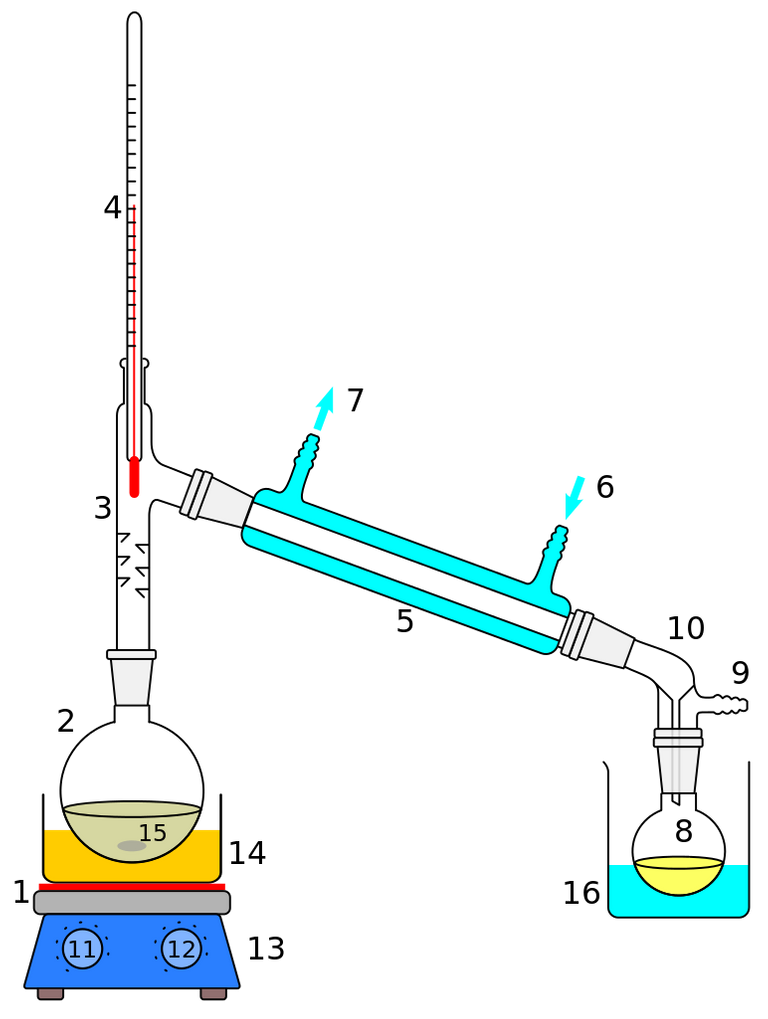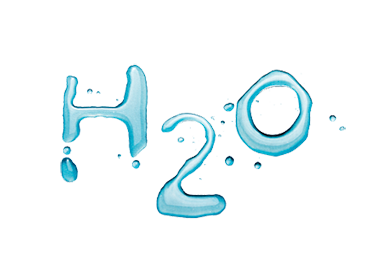What Are The Types Of Water For The Laboratory?

If you are working in a scientific laboratory, it is very important to have detailed information about water types. Because the purity of the water can be an important parameter for your special experiments.
We can basically divide the waters found in most laboratories into two. While the first one is the tap water we use frequently, the other is the water with varying degrees of purity.
Tap water is generally chlorinated water and contains many parameters that we cannot control. The first of these is the mineral content and may cause illusion in experiments. In addition, the microbiological quality of the water may not be sufficient. This situation has the risk of causing problems such as contamination in the laboratory. Tap water is generally used for processes such as washing machines, laboratory cleaning, personal hygiene and hand washing. It can also be used for washing dirty laboratory equipment. However, the point to be considered at this point is not to do the last washing of these laboratory vessels with tap water.
The types of water that differ from tap water and gain different characteristics according to special needs are deionized water, distilled water, reverse osmosis (RO) water and DEPC water. Deionized water, as its name suggests, is water that is purified from ions by a filtration system. It is called DiH2O for short. Deionized water is particularly preferred for two types of uses. The first of these is the last washing stage of the laboratory equipment. In the last washing stage, the equipment can be kept in deionized water for a while or rinsed several times with deionized water and then the drying phase can be started. Another area of use is the preparation of filtered buffers that will be stored especially for long term. Of course, the usage areas of deionized water are not limited to these.
In addition to deionized water, another type of water that is most commonly used in laboratories is distilled water. Basically, distilled water means the water separated from the other substances in it by the distillation method. It is obtained by cooling and condensing water evaporated with heat. Theoretically, pure water should be obtained with this method. In practice, however, things don't work exactly like that. Generally, other substances that have a boiling point close to the boiling point of water may come with water in distillation. Generally, this problem occurs with organic molecules. These substances can be reduced in distilled water by pre-treatment and post-treatment filtration. Reverse osmosis water is water that is osmosis mechanically by creating pressure.
When we look at all laboratories, we see that deionized water obtained by combinations of resin filters is further purified and used by reverse osmosis. RO water is also used to prepare buffer solutions, mass spectrophotometry applications, cell culture and bacterial culture preparation, HPLC applications and basic molecular biology applications. However, RO water may not be sufficient for applications such as qPCR. Because if you are working with RNA or DNA, the water you use should not contain residues that inhibit reactions or spoil the substrate. In other words, it must be free of DNAse and RNAse. For this, some laboratories prefer to use diethylpyrocarbonate (DEPC) water. Nucleases are inactive in DEPC treated water. However, DEPC water should be used with caution as other water varieties can be much more harmful.
Unlike tap water, we examine the water used in the laboratory under four groups, but in fact, the water used in the laboratory is obtained by a combination of different water treatment methods. There are specialized water for laboratory applications, which we call many names such as HPLC grade water, Embryo Transfer water, Molecular Biology grade water, ddH2O. These waters are generally obtained by different combinations of methods such as distillation, microfiltration (1-0.1 micron), ultrafiltration (up to 0.003 microns), reverse osmosis, activated carbon bed, UV radiation, ion exchange / deionization. You can determine the water you need according to your own applications and use this water.
Distillation: 
Revers osmosis: 
Water: 
Posted with STEMGeeks